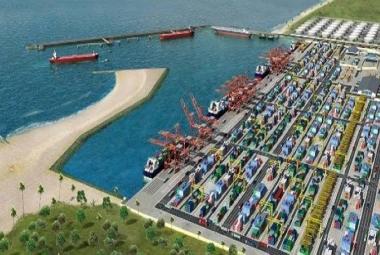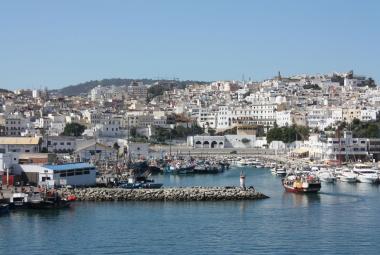The promotion of foreign trade in African countries depends on the productivity and efficiency of seaports. African ports must therefore necessarily follow global developments and trends.
This is why, according to Sekou CAMARA, our expert in international maritime transport, a series of reform recommendations should be constantly considered.
Maritime transport is the essential vector of international trade and remains the main mode of transporting goods. Remember that 90% of world trade goods are transported by sea. To make this sector more efficient and competitive, our expert in international maritime transport Sékou CAMARA suggests a profound reform of African maritime transport. These are among others:
- Facilitation of procedures and controls in ports;
- Promotion of port investments through concessions, Public Private Partnerships, BOTs, etc.
- Facilitation of the integration of landlocked countries;
- Creation and support of advice for shippers;
- Promotion of integrated management of national and regional ports, and creation of transhipment hubs;
- Improvement of port handling as well as the creation of free zones, without forgetting the training of actors.
Remember that the practice of maritime transport consists of the presentation of the goods, loading at the port of departure, movement by sea, unloading at the port of destination and delivery to the receiving shipper who must collect it. All land stages are carried out by auxiliary transport players, namely handlers and other logistics service providers.
By Philippe Kouhon
Source: https://afrikipresse.fr
Afrikipresse (IVORY COAST)

















